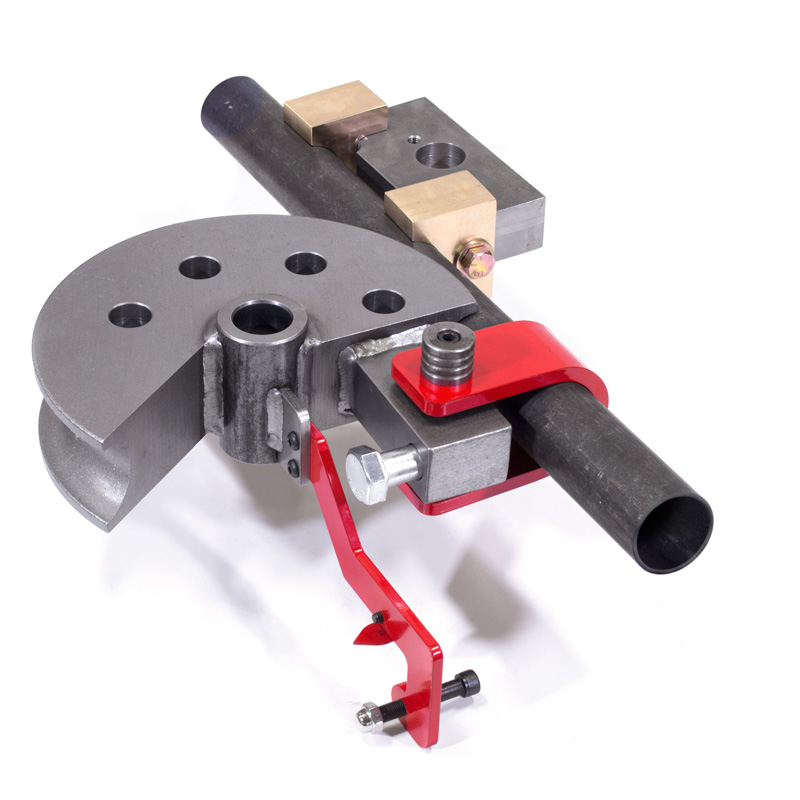Steel has been used as a building material for centuries due to its strength, durability, and versatility. It is an alloy of iron and carbon, which makes it one of the strongest and most reliable building materials. Steel pipes, in particular, are widely used in various industries, from construction to transportation and energy.

Steel Pipe Dimensions and Sizes
Steel pipes come in different sizes and dimensions, depending on their intended use. The most common steel pipe sizes are schedule 40 and schedule 80. Schedule 40 pipes have a thinner wall, while schedule 80 pipes have a thicker wall. The difference in wall thickness allows for different pressure ratings and flow capacities.
Steel pipes also come in different lengths, from standard 20-foot lengths to customized lengths, depending on the project's requirements. The standard diameter of steel pipes ranges from 1/8 inch to 30 inches, with larger sizes available for specialized applications.
Uses of Steel Pipes
Steel pipes are used in various industries, including:
1. Construction - Steel pipes are commonly used in construction for underground plumbing and drainage systems, as well as for supporting structures such as columns and beams. They are also used in building HVAC systems and fire sprinkler systems.
2. Oil and Gas Industry - Steel pipes are essential components of the oil and gas industry. They are used in drilling, production, and transportation of oil and gas. Steel pipes are used for well casing, production tubing, and pipelines to transport oil and gas to processing plants and refineries.
3. Water Treatment Industry - Steel pipes are used extensively in the water treatment industry for the distribution of clean water and the disposal of wastewater. They are used in water supply systems, treatment plants, and sewage systems.
4. Mechanical Industry - Steel pipes are also used in the mechanical industry for the manufacturing of valves, engines, and other machinery. They are used in the transportation of fluids and gases, as well as in heating and cooling systems.
Advantages of Steel Pipes
Steel pipes have many advantages over other materials, including:
1. Strength - Steel pipes are incredibly strong and can withstand the high pressure and weight requirements in various industries.
2. Durability - Steel pipes have a long lifespan and are resistant to corrosion and erosion. They require minimal maintenance, making them a cost-effective choice.
3. Versatility - Steel pipes can be customized to fit any project's requirements, including size, length, and thickness.
4. Sustainability - Steel pipes are recyclable, making them an eco-friendly choice. They can also be made from recycled material, reducing the environmental impact.
Conclusion
Steel pipes are an essential building material for various industries due to their strength, durability, and versatility. They come in different sizes, dimensions, and lengths, making them customizable for any project's requirements. Steel pipes are used in construction, oil and gas, water treatment, and mechanical industries, among others, making them a vital component in our daily lives. With its many advantages, steel pipes are a reliable and cost-effective choice for any building project.